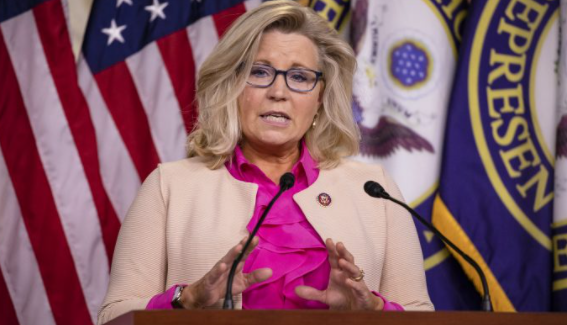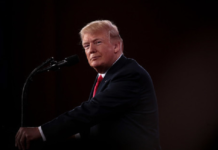Rep. Barry Loudermilk (R-GA), chairman of the House Oversight Committee, announced on Wednesday his intention to potentially refer members of the January 6 Committee to the Department of Justice for criminal prosecution due to allegations of hiding and destroying documents.
Loudermilk has been conducting an inquiry into the activities of the January 6 Committee and found that the Committee had disposed of documents and records last year, despite receiving a warning from Rep. Kevin McCarthy (R-CA), who was then the incoming Speaker of the House, to preserve all evidence gathered during months of investigations and closed-door testimonies.
JustTheNews reported:
“The House Republican leading the current review of security and intelligence failures during the 2021 Capitol riot put former lawmakers and staff on the now-defunct Democrat-run Jan. 6 committee on notice Wednesday that he may make referrals for criminal obstruction or House ethics violations. Rep. Barry Loudermilk, R-Ga,, the chairman of the House Administration Oversight Subcommittee, told Just the News he is frustrated that videotapes of interviews, transcripts and other evidence that Congress gathered under the prior Jan. 6 inquiry run by Democrats was deleted, destroyed, moved to other federal agencies or locked behind passwords that have not been recovered, and he believes some form of accountability is warranted.”
“As far as holding people accountable, yes, they should be,” Loudermilk said during an interview with Just the News, No Noise television show. “But I think that’s going to be a little ways down the road, because there is so much more information that we need to get. And we need to build not only this, to get the truth out to the American people, but see just how big this case potentially is for obstructing.”
Loudermilk suggested that censure or ethical sanctions could be utilized as alternatives to prosecution, considering the immunity typically granted to members of Congress in relation to their duties as outlined in the U.S. Constitution’s separation of powers.






